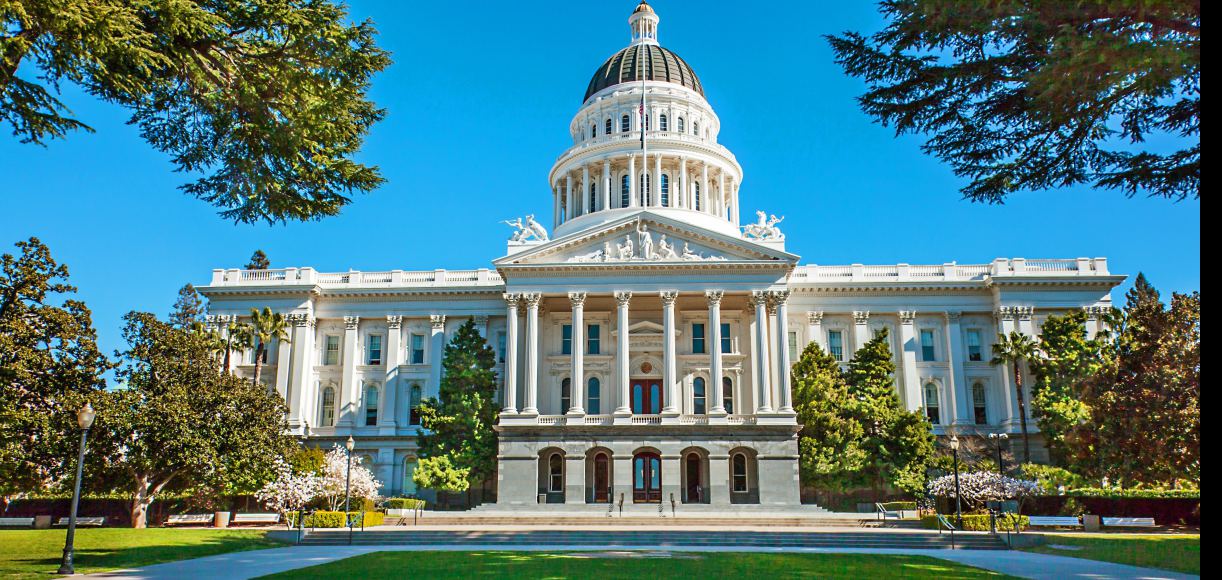You voted for them. What have they been working on? Here are some of the bills written by Inland Empire legislators so far in 2022.
Also included are a few from other California Assemblymembers that affect home and business owners Riverside and San Bernardino counties.
Assemblymember Sabrina Cervantes (D-Corona)
AB 2466 would prohibit placing agencies from declining to place a child with a family because one of the parents identifies as LGBTQ.
Currently, it is prohibited to deny full and equal access to the benefits of any program that is funded or receives financial assistance from the state on the basis of








